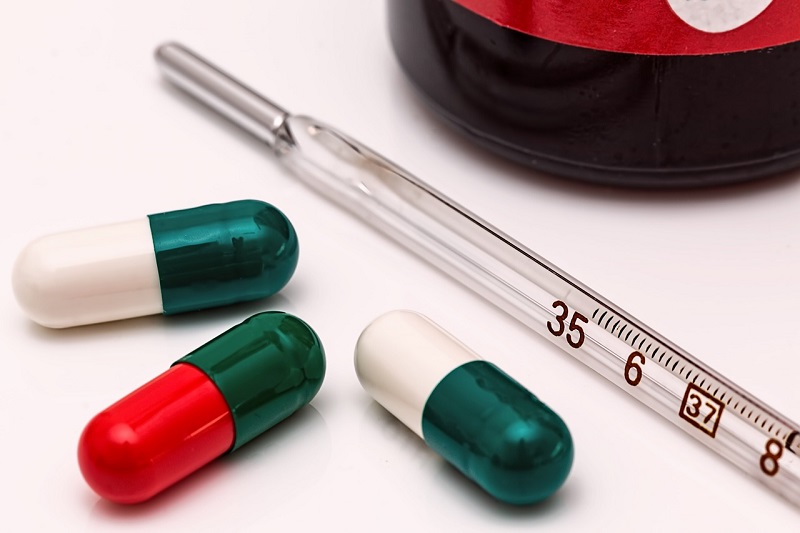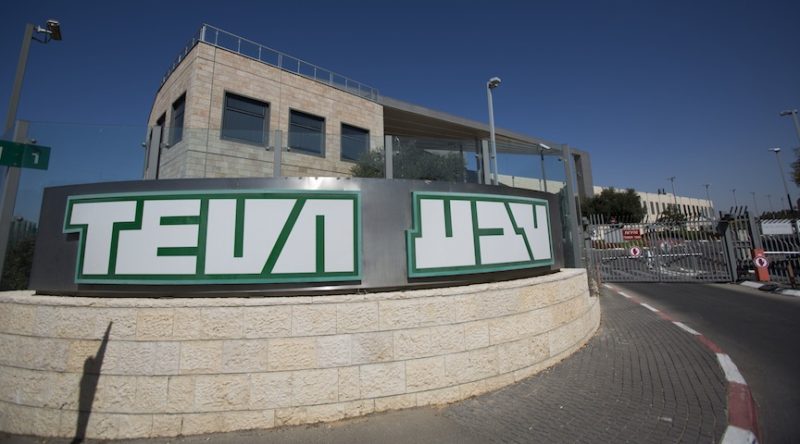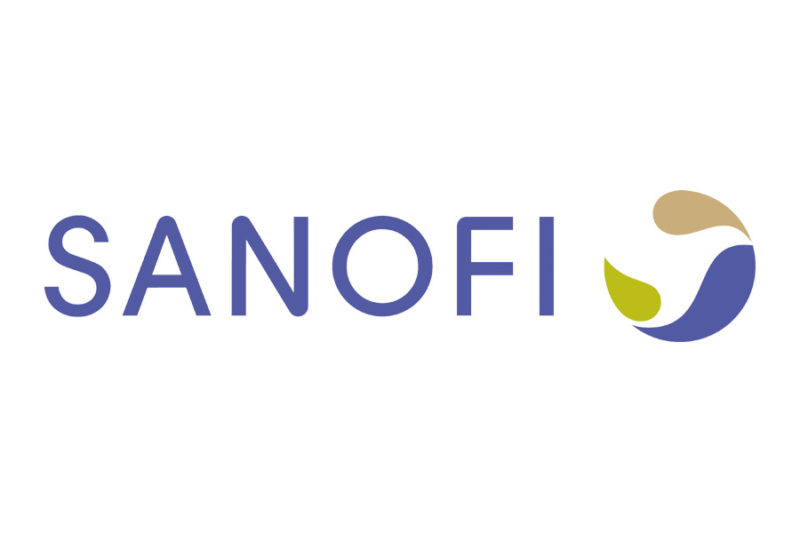
Pharmaceutical Industry News Roundup, August 7th.
August 7, 2018
With an annual revenue of over 1.1 trillion dollars, millions of people engaged in the design, development, testing, deployment and delivery phases and billions of lives depend on it, there can be no denying the importance of the global pharmaceutical industry.
Situated at the very tip of the medical spear, the pharmaceutical industry drives forwards the progress of medicine with advanced scientific techniques to improve each of our lives. Here in the UK, we’re proud to play host to some of the largest pharmaceutical companies in the world, like Pfizer, GSK and AstraZeneca – many of whom we support with our pharma industry dehumidification solutions.
With the industry operating at such a breakneck pace, however, it can be tough to keep up with the latest developments. That’s why we’ve pulled together the biggest stories of the day to keep you in the loop. Here’s the August pharmaceutical news.
Teva Raises Earnings Estimates

Drug giant Teva has raised its annual earnings guidance as it suggests that a predicted drop in profits for Q2 is less than expected, signalling green shoots for the companies restructuring plan.
Earnings-per-share slumped to 78 cents on the dollar, an improvement on previous estimates of 64 cents. In turn, revenues fell to $.47bn, down 18% on the previous year but in line with estimates, for a loss of $241 million in Q2.
Teva continues to expect full-year sales of between $18.5 billion and $19 billion, with earnings per share raised from estimates of $2.40-$2.65 to a forecast of $2.55-$2.80.
The company have struggled for the last 3 years following the loss of exclusivity of multiple sclerosis treatment Copaxone, which used to account for around half of Teva’s profits. Aggressive price cuts to the drug were required following the loss of exclusivity, resulting in tumbling profits.
First Lipodystrophy Treatment Approved in EU

Lipodystrophy, a condition which manifests in patients being unable to produce and maintain healthy fat tissue, finally has a treatment. Aegerion Pharmaceuticals’ Myalepta has been approved by the EC as an adjunct to dietary changes as a replacement therapy to treat the complications of leptin deficiency in patients with the condition.
It becomes the first medicine designed to treat the leptin deficiency in sufferers of lipodystrophy, an incredibly rare condition.
Rebecca Sanders, Founder and Chair of Lipodystrophy UK, said, “Myalepta offers a long-term solution for patients and we are delighted that there is now a treatment available specifically to treat the complications of leptin deficiency in lipodystrophy which will give patients a much-needed option to help improve both their disease and their quality of life.”
Sanofi Stockpiling Insulin Medicines ahead of Brexit

French pharmaceutical company Sanofi has joined the growing list of drugs manufacturers to begin stockpiling medicines ahead of the UK’s exit from the EU.
Communication between the government and pharmaceutical companies has been poor and consistent uncertainty surrounding the UK’s willingness to leave the EU without a deal has led to stockpiling, with many businesses fearing border checks and transport delays.
Sanofi typically keeps a stockpile of 10-weeks supply in case of disruption, however, they are increasing this to a 14-day supply as fears around huge channel-tunnel delays mount.
Hugo Fry, the managing director of Sanofi’s UK operation, said: “The uncertainty in the Brexit negotiations means that Sanofi has been planning for a ‘no deal’ scenario. Patient safety is our main priority and we have made arrangements for additional warehouse capacity in order to stockpile our products, where global supply allows, in the UK, and increase UK-based resources to prepare for any changes to customs or regulatory processes.”









